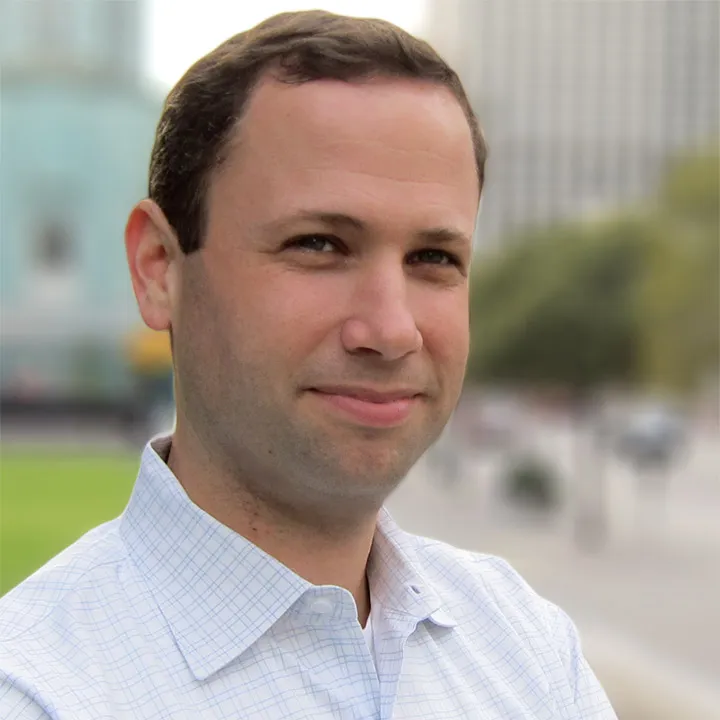Jonathan Nettler has lived and practiced in Boston, Washington D.C., San Francisco, New York, and Los Angeles on a range of project types for major public, institutional, and private developer clients including: large scale planning and urban design, waterfront and brownfield redevelopment, transit-oriented development, urban infill, campus planning, historic preservation, zoning, and design guidelines.
Jonathan is a member of the American Institute of Certified Planners (AICP) and serves on the Board of Directors for the Los Angeles section of the American Planning Association (APA) as the Vice Director for Professional Development. He is also active in local volunteer organizations. Jonathan's interests include public participation in the planning and design process, the intersection between transportation, public health and land use, and the ways in which new ideas and best practices get developed, discussed, and dispersed.
Jonathan previously served as Managing Editor of Planetizen and Project Manager/Project Planner for Ehrenkrantz Eckstut & Kuhn (EE&K) Architects. He received a Master of Arts degree in Architecture from the University of California, Los Angeles and a Bachelor of Arts degree in History from Boston University.
China Plans World's Most Extreme Underwater Tunnel
At 76 miles, the tunnel China may soon start constructing beneath the Bohai Sea to connect the port cities of Dalian and Yantai would be longer than the world’s two longest underwater tunnels combined and cost $42.4 billion to complete.
D.C. Backtracks on Parking Reform
Opponents to a proposal to eliminate parking minimums in certain areas of D.C. have been heard. In order to smooth approval of the city's massive zoning overhaul, planners will reduce minimums in some areas rather than eliminate them.
14 Ways San Francisco Has Given New Life to Its Historic Assets
In the current feature story from its 'Urbanist' magazine, the Bay Area planning think tank SPUR looks at 14 efforts to preserve the soul of San Francisco through the adaptive reuse, incorporation and juxtaposition of the city's historic buildings.
New Study Shows Human Health Benefits of Soot-Scrubbing Trees
A new study published in the journal Environmental Pollution makes the first conclusive case for the ability of urban foliage to reduce fine particle pollution, reducing breathing problems and saving lives in the process.
Boston Celebrates Milestone in Charles River Rehabilitation
For the first time in more than five decades, Boston's Charles River has been deemed clean enough for a swim. The first approved community swim since the 1950s that was held on Saturday represents a milestone for the city's famous "dirty water".

























